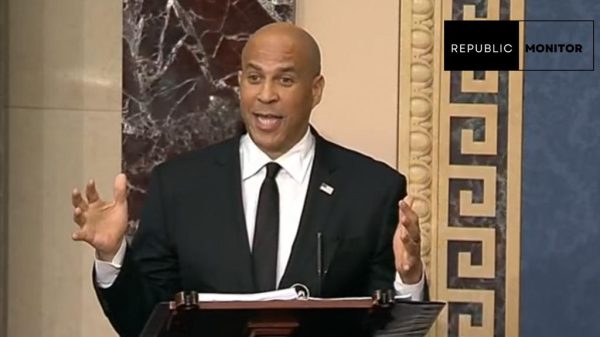As Texas prepares to execute Ivan Cantu for the 2000 murders of his cousin, James Mosqueda, and Mosqueda’s fiancée, Amy Kitchen, a cloud of doubt looms over the case. Despite post-trial evidence raising questions about Cantu’s guilt and calls for a closer examination of the proceedings, the execution proceeds, highlighting the complexities and controversies within the justice system.

Ivan Cantu’s execution in Texas sparks controversy amid lingering guilt doubts
Controversial Execution Amid Doubts
Scheduled for Wednesday, the execution of Ivan Cantu has become a focal point of controversy, with lingering doubts about his guilt. Recent post-trial evidence and appeals from jurors who participated in the original trial have fueled a public campaign urging Texas courts to reevaluate the case.
Public Outcry and Celebrity Support
A groundswell of support for pausing Cantu’s execution has emerged, garnering backing from thousands of Texans, celebrities, and faith leaders. Calls for a reexamination of the case intensify in light of recanted testimony from a key witness and allegations that another witness provided false information during the trial.
Exhaustion of Legal Options
Despite the mounting public pressure, Ivan Cantu’s legal avenues reached an impasse. The Texas Board of Pardons and Paroles unanimously denied his clemency application, and both the state’s highest criminal court and the 5th U.S. Circuit Court of Appeals rejected last-minute requests to stay the execution. As of Wednesday morning, Cantu faced the imminent implementation of the death penalty.
Circumstances Surrounding the Conviction
In 2001, a jury sentenced Cantu to death for the murders of Mosqueda and Kitchen, who were fatally shot in Dallas. The case, marred by controversy and evolving witness statements, raises questions about the reliability of the initial trial and the potential for a wrongful conviction.
Appeals for Justice Reform
Ivan Cantu’s case serves as a catalyst for broader discussions about the death penalty, the judicial system’s susceptibility to error, and the need for comprehensive justice reform. The controversy surrounding this execution underscores the importance of thorough investigations, fair trials, and ongoing scrutiny of capital punishment cases.
Conclusion
As Texas proceeds with the execution of Ivan Cantu, the controversy surrounding his case epitomizes the inherent challenges within the justice system. The calls for clemency and reevaluation underscore the complexities of administering the death penalty, prompting broader conversations about justice, fairness, and the need for continuous reform to prevent wrongful convictions.
















